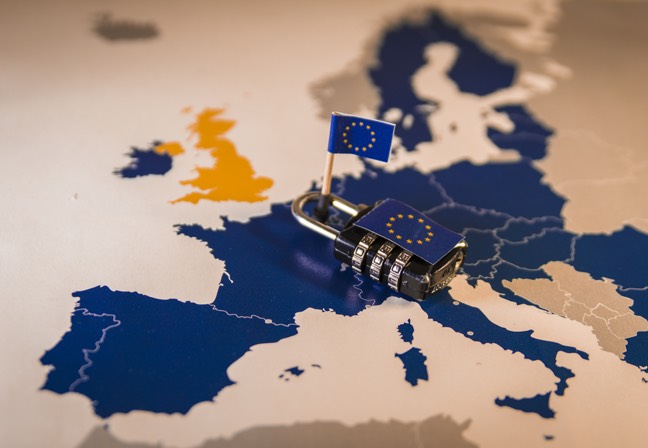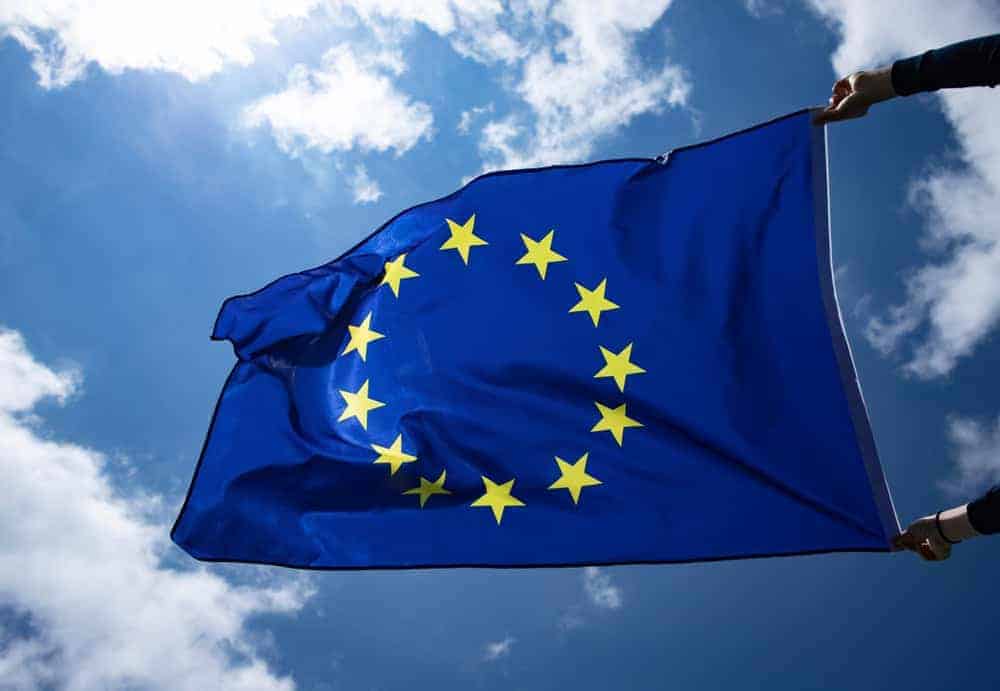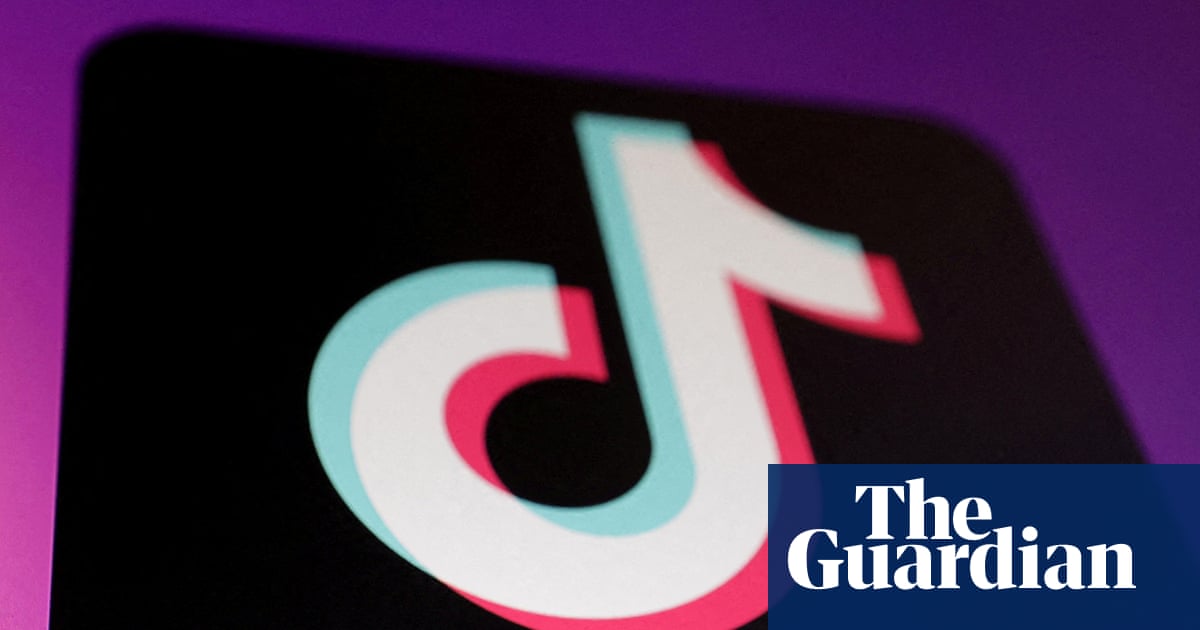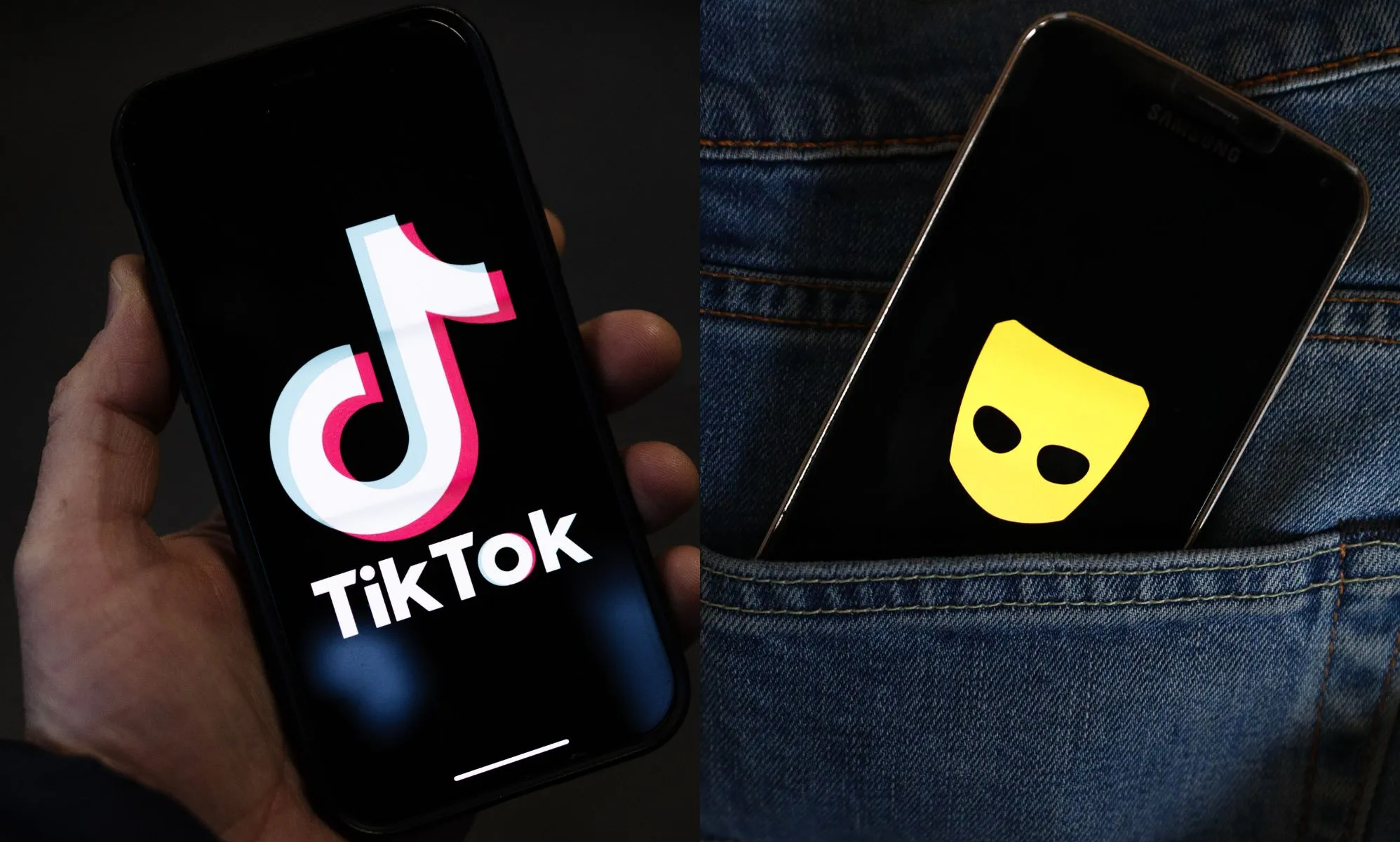EU data protection
EU data protection
[ follow ]
#gdpr #data-protection #digital-services-act #digital-sovereignty #data-privacy #deepfakes #privacy #data-breach
fromSocial Media Today
1 day agoX Under Investigation in the UK Over Grok-Generated Images
During this investigation, the ICO will assess XIUC and X.AI's compliance with UK data protection law in respect of the processing performed by the Grok AI system. The ICO has not reached a view on whether there is sufficient evidence of an infringement of data protection law by X.AI or XIUC.
EU data protection
EU data protection
fromThe Drum
4 days agoThe Drum Predictions 2019 on privacy, trust, voice and people: 'the year for actions, not words'
Brands are increasingly prioritizing customer data protection and compliance after major fines and investigations, driving in-house privacy work and impacting agencies.
fromPrivacy International
5 days agoDual-use tech: the Airbus example
Airbus SE (formerly EADS) is one of the world's largest aerospace companies by multiple metrics (market cap, revenue and profit) and is the product of decades of mergers between European aerospace firms. The company's success is underpinned by state benevolence, since the governments of France, Germany, and Spain together have a share ownership of over 25%. The Group is divided into three distinct branches:
EU data protection
fromSocial Media Today
1 week agoEU Launches New Investigation Into X Over Grok-Generated Images
The new investigation will assess whether the company properly assessed and mitigated risks associated with the deployment of Grok's functionalities into X in the EU. This includes risks related to the dissemination of illegal content in the EU, such as manipulated sexually explicit images, including content that may amount to child sexual abuse material.
EU data protection
fromBusiness Matters
2 weeks agoCompliance Is the New Creative: Why Your Channel Partners Are Your Biggest Liability (and How to Fix It)
If your partner in Munich mishandles customer data, or your reseller in Paris uses a "black box" AI tool to generate deceptive ads, it isn't just their reputation on the line. It's yours. With the EU AI Act now in full swing and GDPR entering its "mature enforcement" era, the distance between a partner's mistake and your company's $20 million fine has never been shorter.
EU data protection
fromExchangewire
3 weeks agodigitalAudience Acquires Rayn.io
digitalAudience today (13th January, 2026) announced the acquisition of Rayn.io, an AI-native audience intelligence platform recognised on the AI LUMAscape by LUMA Partners. The acquisition strengthens digitalAudience's data and identity infrastructure and supports its long-term strategy to deliver privacy-safe audience intelligence across European markets. Rayn.io has developed an AI-first technology focused on real-time audience intelligence and web-level signal analysis, designed to operate within the strict European privacy regulations.
EU data protection
fromIrish Independent
3 weeks agoMinister seeks showdown with Elon Musk's X over Grok undressing minors, as research reveals 6,700 images per hour created by its AI engine
"In light of the recent controversies relating to Grok, I have written directly to X to request a meeting to discuss what steps the platform is taking to address these issues and to ensure compliance with Irish and EU law. I have also been in contact with Coimisiún na Meán and with the Office of the Attorney General to seek updates on how this matter is being assessed from a legal and regulatory perspective."
EU data protection
EU data protection
fromComputerWeekly.com
1 month agoTop 10 surveillance, journalism and encryption stories of 2025 | Computer Weekly
Governments and law enforcement increased pressure on tech companies for access to encrypted user data, prompting legal battles, international disputes, and privacy-security concerns.
EU data protection
fromThe Hacker News
1 month agoItaly Fines Apple 98.6 Million Over ATT Rules Limiting App Store Competition
Italy fined Apple €98.6 million for App Tracking Transparency rules that disproportionately burden third-party developers with duplicative consent requirements and restrict App Store competition.
fromThe Hacker News
1 month agoPasswd: A walkthrough of the Google Workspace Password Manager
Passwd is designed specifically for organizations operating within Google Workspace. Rather than competing as a general consumer password manager, its purpose is narrow, and business-focused: secure credential storage, controlled sharing, and seamless Workspace integration. The platform emphasizes practicality over feature overload, aiming to provide a reliable system for teams that already rely on Google's tools. Security as the starting point
EU data protection
fromTheregister
1 month agoEU offers UK early gift: Data adequacy until 2031
The EU has extended its adequacy decision, allowing data sharing with and from the UK under the General Data Protection Regulation for at least six more years. This will be some relief to techies in the UK and the member state block and beyond whose work or product set depends on the frictionless movement of data between the two, especially as they can point to the 2031 expiration date as a risk managing aspect to backers and partners. But the move does have its critics.
EU data protection
EU data protection
fromPrivacy International
1 month agoElection observers adopt Principles and Guidance for Observing Personal Data Use in Elections
International election observers must monitor and ensure transparent, secure regulation and use of personal data and technologies to protect electoral integrity.
fromTheregister
1 month agoGDPR failures in Home Office eVisa rollout in spotlight
The groups cite a "high volume" of data errors linked to the eVisa scheme, which they say amount to both operational failures and serious data protection breaches. In one documented case referenced in the letter, the passport details, contact information, and immigration status of a Canadian citizen were wrongly disclosed to a Russian woman. Other failures have seen migrants locked out of their eVisa accounts, with no effective support from the Home Office and no clear way to escalate urgent issues.
EU data protection
EU data protection
fromData Matters Privacy Blog
1 month agoEU Digital Omnibus: Implications for MedTech Companies | Data Matters Privacy Blog
The European Commission proposed targeted amendments and a Digital Fitness Check to reduce overlap, smooth implementation, and assess cumulative impacts on EU digital regulation.
fromTheregister
1 month agoCare leavers face bureaucracy and delays accessing records
"We know frontline staff want to get this right but are struggling with lack of resource and guidance. Improving this process starts at the beginning - when a child enters the care system, their information should be recorded with their rights in mind, knowing that they may request it later," he said in a statement.
EU data protection
EU data protection
fromwww.theguardian.com
1 month agoUrgent clarity' sought over racial bias in UK police facial recognition technology
Police facial recognition tech shows racial bias, disproportionately misidentifying Black and Asian people; ICO demands urgent clarity and may enforce restrictions or fines.
fromSecuritymagazine
2 months ago5 Cybersecurity Predictions for 2026
The explosive growth in AI usage represents the single greatest operational threat to organizations, putting intellectual property (IP) and customer data at serious risk. While AI adoption is growing rapidly, enterprises are increasingly exposed to risks related to data security, third‑party AI tools, shadow AI usage, and governance issues. When sensitive IP or Personally Identifiable Information (PII) is entered into unsanctioned AI systems, the data may be used for model training, stored externally, or exposed in unexpected ways, leading to compliance, IP, and reputational risk.
EU data protection
EU data protection
fromDigiday
2 months agoEuropean publishers say the Digital Omnibus 'cookie fix' leaves them worse off
European publishers face worse operational and revenue pressures because the Digital Omnibus adds complex consent rules and browser-level tracking controls that hinder ad-funded models.
EU data protection
fromwww.theguardian.com
2 months agoIrish authorities asked to investigate Microsoft over alleged unlawful data processing by IDF
Microsoft's Azure allegedly stored vast amounts of Palestinians' communications, enabling Israeli military surveillance and targeted operations, prompting an ICCL complaint to Ireland's Data Protection Commission.
fromThe Cyber Express
2 months agoUK's Cookie Enforcement Campaign Brings 95% Of Top Websites Into Compliance - The Cyber Express
Britain's data protection regulator issued 17 preliminary enforcement notices and sent warning letters to hundreds of website operators throughout 2025, a pressure campaign that brought 979 of the UK's top 1,000 websites into compliance with cookie consent rules and gave an estimated 40 million people-roughly 80% of UK internet users over age 14-greater control over how they are tracked for personalized advertising.
EU data protection
fromElectronic Frontier Foundation
2 months agoAfter Years of Controversy, the EU's Chat Control Nears Its Final Hurdle: What to Know
After a years-long battle, the European Commission's "Chat Control" plan, which would mandate mass scanning and other encryption-breaking measures, at last codifies agreement on a position within the Council of the EU, representing EU States. The good news is that the most controversial part, the forced requirement to scan encrypted messages, is out. The bad news is there's more to it than that.
EU data protection
fromMacRumors
2 months agoGermany Considering Apple's App Tracking Transparency Changes
Germany is evaluating Apple's proposed changes to address antitrust concerns over App Tracking Transparency (ATT), reports . Apple will add neutral consent prompts for its own services and for third-party apps, aligning the wording, content, and visual design of the messages. Apple also plans to simplify the consent process to make it easier for developers to get user permission for ad-related data processing.
EU data protection
[ Load more ]






























